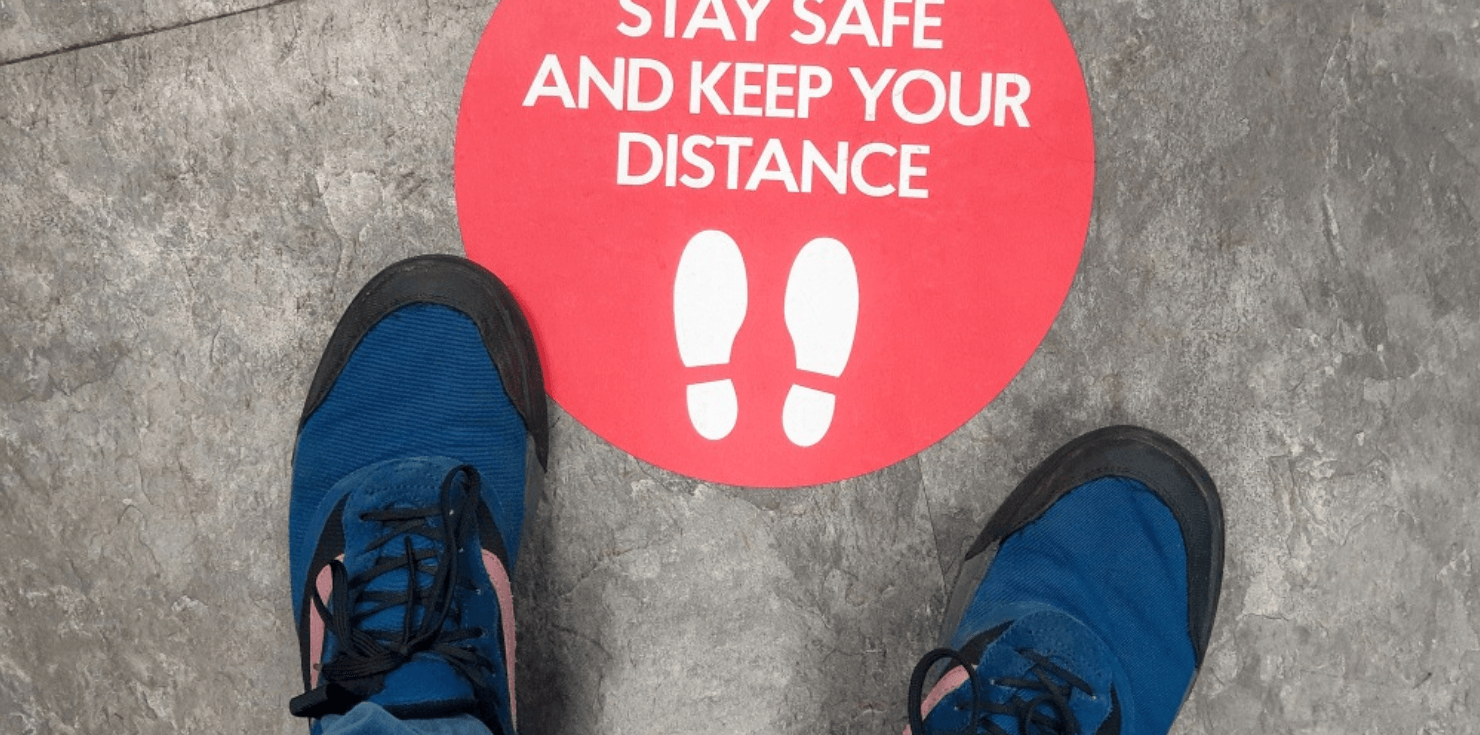The Office of Emergency Management at Berkeley deal to the fatigue from responding to COVID-19.

The compounding pressures of responding to the pandemic
Since the Covid-19 pandemic escalated in early 2020, the University of California - Berkeley Emergency Management Team has been continually responding to the challenges posed by Covid, as departments worked to adjust to providing education in the pandemic environment whilst keeping students and staff safe. Over time the team’s focus moved from response to recovery, but new hurdles such as the Delta variant have meant continual challenges for staff.
People were exhausted, facing personal and work pressure and not taking breaks.
“This year so many people are burnt out to a crisp”.
The long-term aspect of the pandemic meant that the usual supports available at Berkeley were not sufficient to support staff dealing with a large-scale disaster and help them work through the stress they were experiencing.
“We were in this ultra-sprint that was lasting for a marathon, and we realized we needed some help.”
Reaching out for support
The Office of Emergency Management asked Disastrous for advice on how to support their team.
Disastrous ran a three-hour Leading through Disruption masterclass, and each team member received a set of Disastrous Doing Well cards to create a personalized wellbeing plan.
The Masterclass explains the biological drivers for performance in all areas of our lives, the impacts of prolonged pressure on employees and organizations (positive and negative) and strategies for lasting the distance under cumulative load.
Recognizing and responding to prolonged stress
“During the masterclass you could physically see people’s reactions, the stress in their bodies.”
The masterclass and Doing Well cards helped to normalize the fear and overwhelm that people were feeling after over 18 months of responding to the pandemic. Alicia Johnson, Director of Emergency Management says that for staff it was great to hear from Elizabeth and Jolie that what they were experiencing was normal, and to understand the science behind it. Looking through the Doing Well cards attendees could see helpful tools and solutions that resonated with them individually.
Looking ahead, Alicia plans to integrate these learnings into the operations of the Emergency Operations Center during future responses and use Disastrous resources to support staff during these emergencies.
“I like that they are physical cards, I can take them and step away from a computer.”
- Member of the Emergency Management Team at U.C. Berkeley



Leave a comment
This site is protected by hCaptcha and the hCaptcha Privacy Policy and Terms of Service apply.